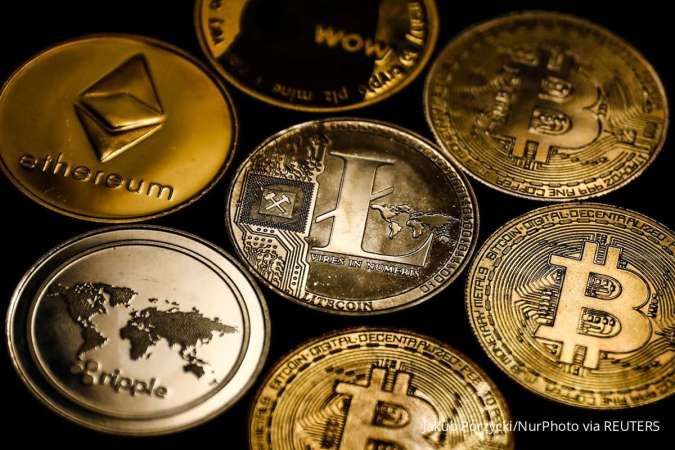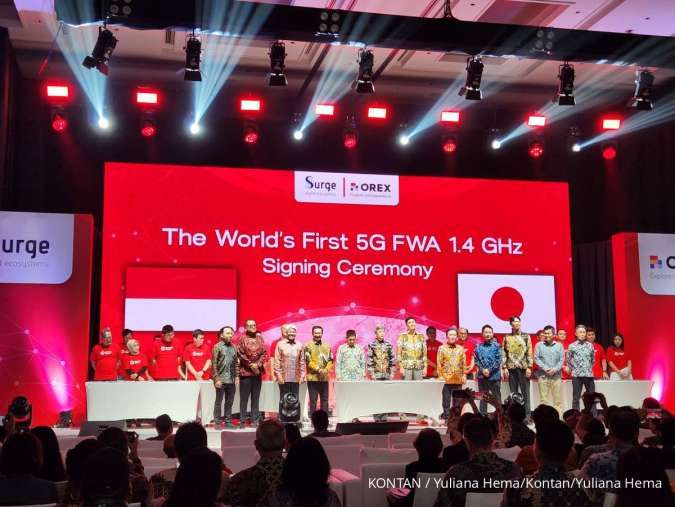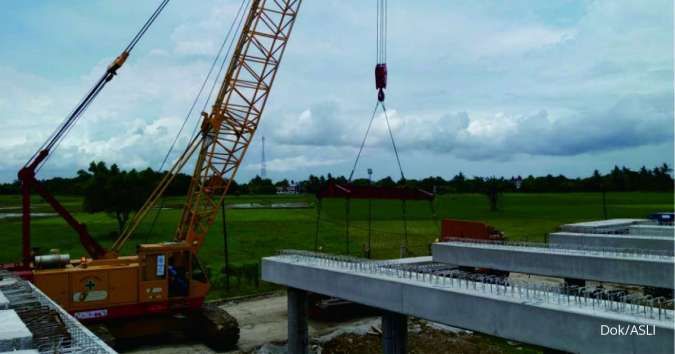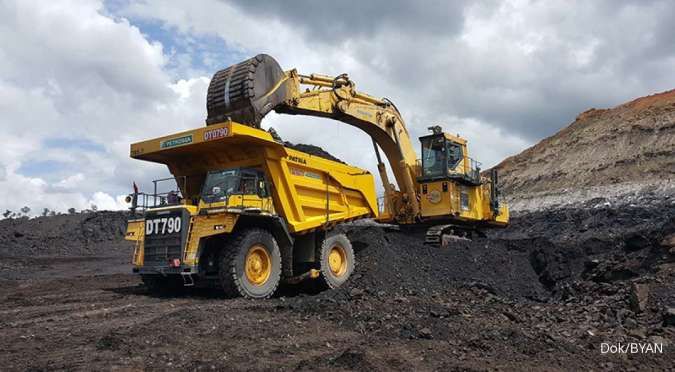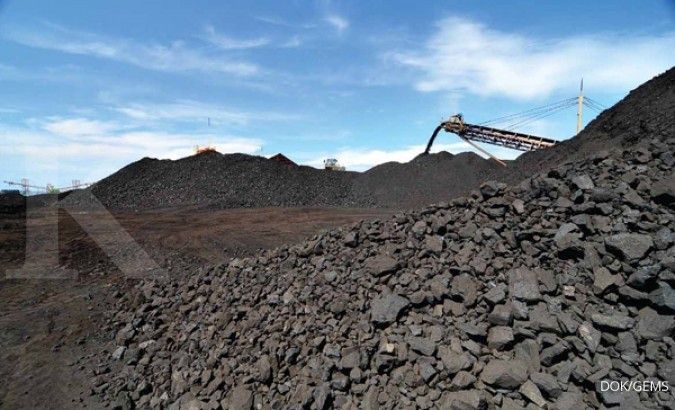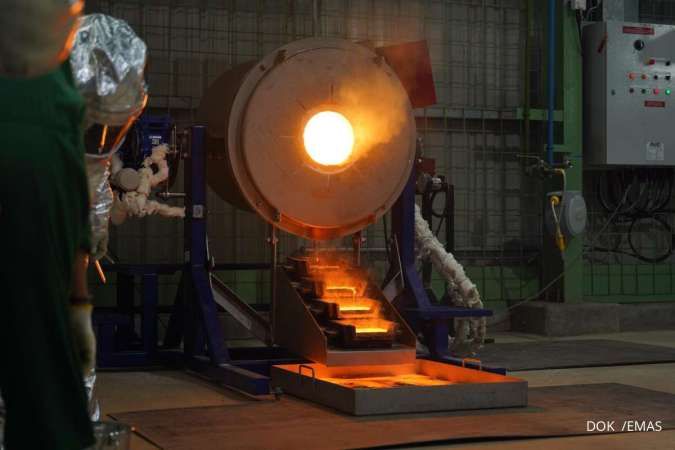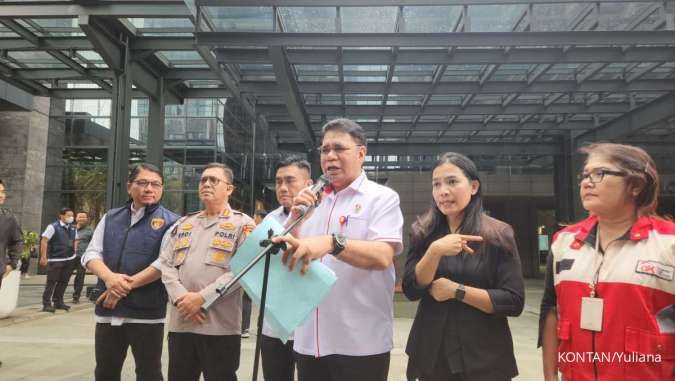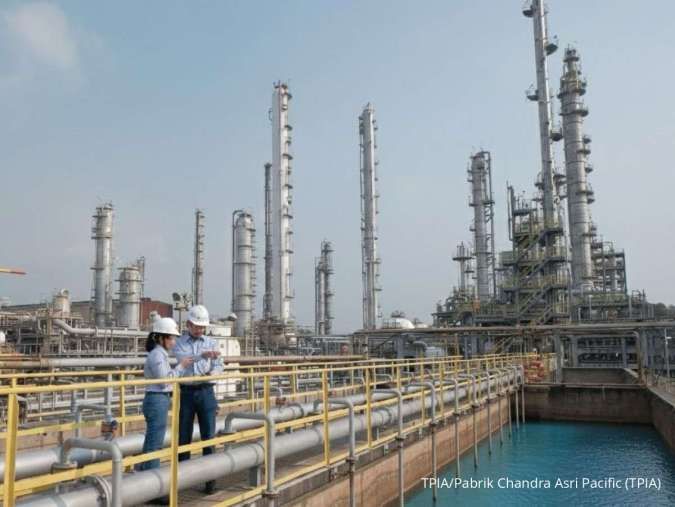Nickel Downstream Policy is Not Maximized
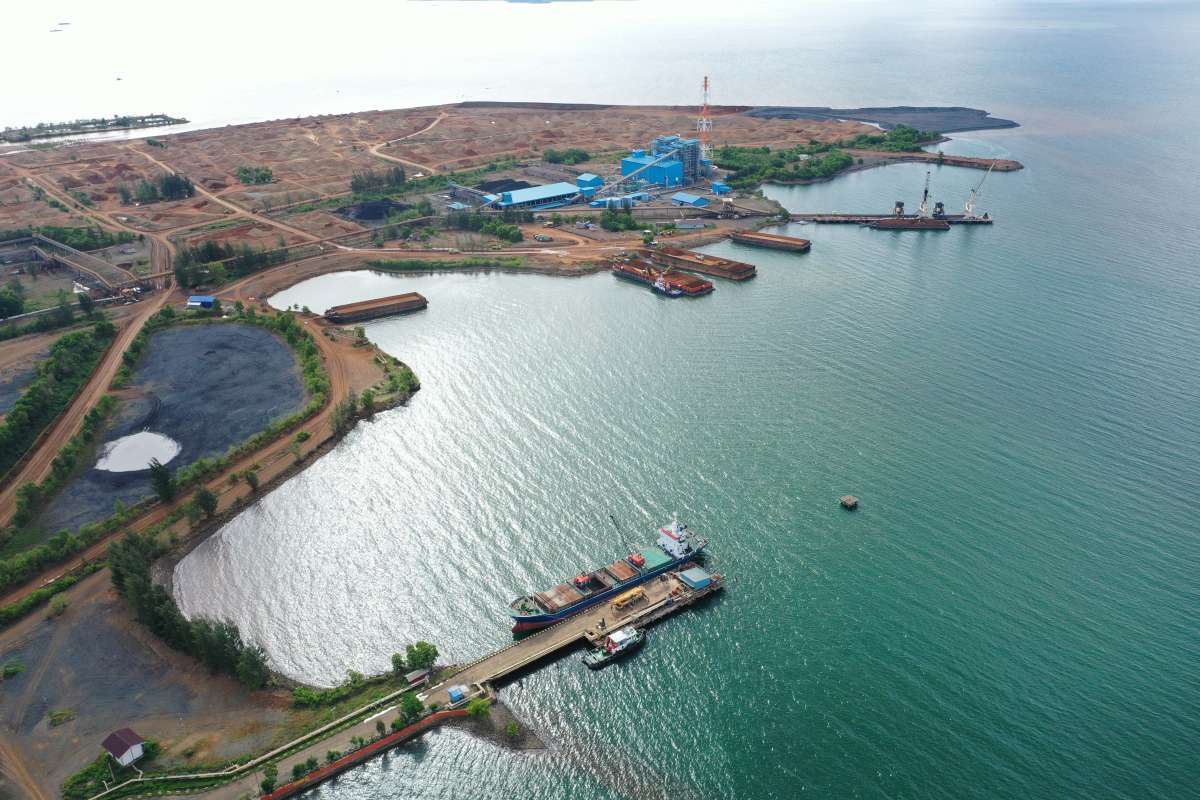
KONTAN.CO.ID-JAKARTA. The mineral downstream policy, which has been President Joko Widodo's mainstay, is starting to have an effect on the economy. However, this policy still leaves a number of records, including on state revenue, that have not been significant.
The downstream policy was initiated by the government's move to ban nickel ore exports on January 1, 2020, to boost the added value of nickel. Having been sued by the European Union, the Indonesian government insisted on rolling out this policy.
From a trade perspective, downstream nickel has helped increase the value of Indonesia's nickel exports. Based on data from the Central Statistics Agency (BPS), Indonesia's total nickel export value (HS code 75) in 2020 was recorded at US$ 808.41 million, down 0.61% year on year (yoy). However, in 2021, the figure will increase by 58.89% yoy to US$ 1.28 billion.
This figure rose 362.45% to US$ 5.94 billion in 2022. Last year's nickel trade balance recorded a surplus of US$5.86 billion. Meanwhile, the total value of nickel exports in 2023 (January–July) has reached US$ 3.45 billion, with a surplus of US$ 3.41 billion (see table).
Baca Juga: Indonesia's July Trade Surplus Narrows More than Expected
"The downstream program boosted exports of nickel with the HS code 75 to increase by more than US$ 4 billion, five times compared to 2015," said Acting Head of BPS Amalia Adininggar Widyasanti on Tuesday (15/8).
The trade balance of nickel products such as iron and steel (HS code 72) is also a surplus of US$ 14.28 billion in 2022. However, the balance of other nickel-derived products, namely iron and steel goods (HS code 73), is a deficit of US$ 2.09 billion in 2022.
Nickel downstreaming has also not significantly boosted foreign exchange reserves. Indonesia's foreign exchange reserves as of the end of July 2023 were valued at US$ 137.7 billion, a US$ 1.8 billion increase compared to the end of 2020's US$ 135.9 billion.
Bank Danamon economist Irman Faiz said there is a need for downstream product diversification. "Not only nickel, but expansion into other commodities also needs to reach a wider market," he said.
Baca Juga: Oil Drops Over 1% on Worries About Chinese Economy
He also highlighted that the export earnings (DHE) coming from commodities were not significant. This is understandable because the DHE parking policy, through Government Regulation (PP) No. 36 of 2023, just rolled out in early August.
Bank Central Asia (BCA) Chief Economist David Sumual asked the government to expand the further downstream's program, or up to the finished product. This will strengthen the industry so that there is greater employment. "Downstream products or commodities also need to be expanded. This is profitable and has the potential to increase exports considering that several projects are currently underway," said David.
Bank Permata Chief Economist Josua Pardede also highlighted that the impact of nickel downstreaming on overall economic growth is only concentrated on investment from exports. "There is no impact on the use of labor that is too large, so the impact on public consumption is not significant enough," he said.

